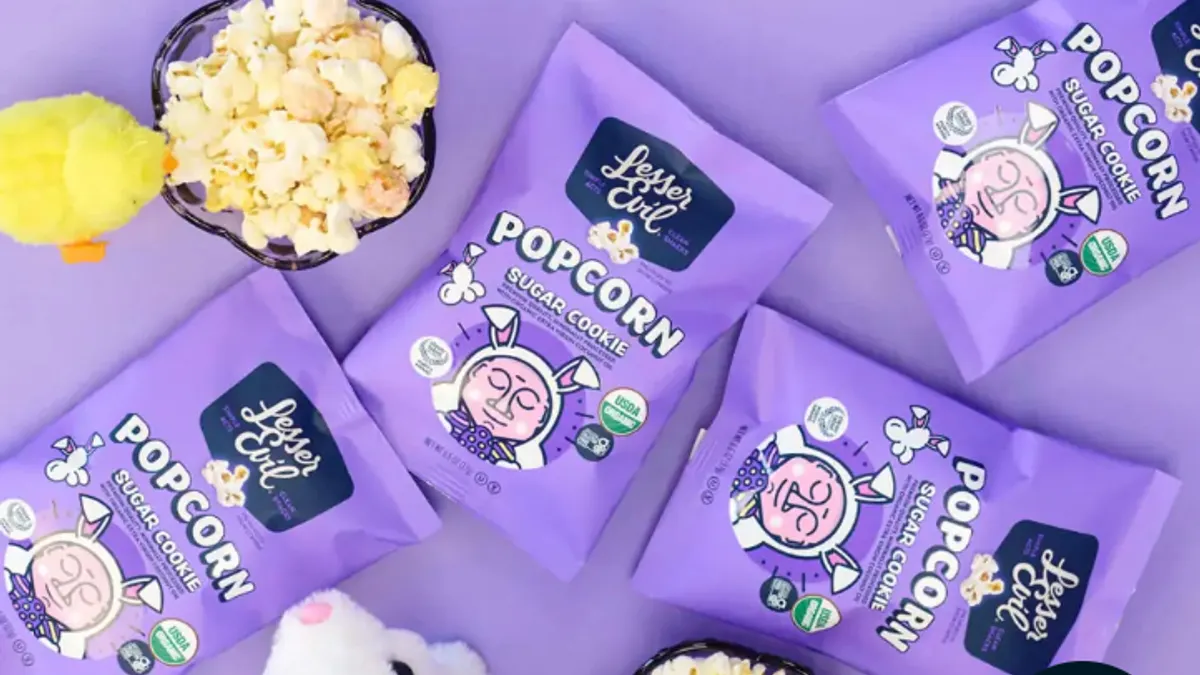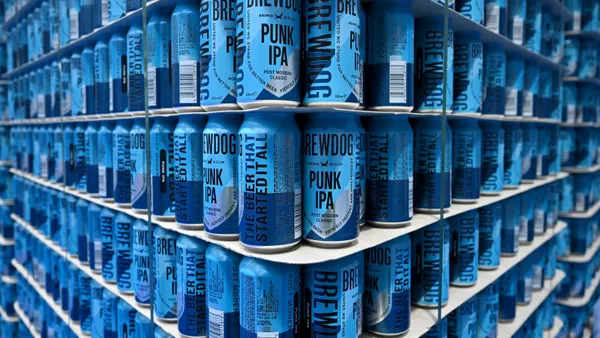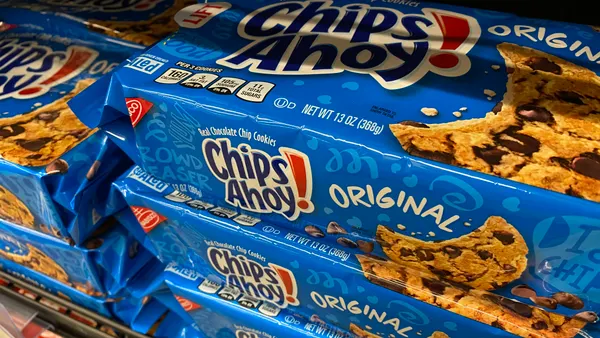Dive Brief:
- The Trump administration is exploring whether to limit food companies' ability to market certain unhealthy foods to children, according to a leaked draft of a White House report to improve kids' health released by Politico.
- The Department of Health and Human Services, along with the Federal Trade Commission and other agencies, will consider establishing food industry guidelines on children's marketing, including the evaluation of “misleading claims and imagery."
- The disclosure was included in the administration's “Make Our Children Healthy Again Strategy,” which is not final and may not be released publicly for weeks. The report is meant to be a policy roadmap to address childhood chronic disease.
Dive Insight:
Food companies spend billions of dollars on advertisements in the U.S. each year, with the majority promoting fast food, sugary drinks, candy or snacks. Research shows these ads can have long-lasting effects on children, impacting their diet choices well into adulthood.
As media consumption has changed over the years, so has food marketing, with companies reaching children across new platforms, including online games, social media and influencer Youtube videos. In one of the most recent studies available, food and beverage accounted for nearly a quarter of all ads aired during children's television programming in 2018, the Center for Science in the Public Interest said, up from 15% six years earlier.
While a 2012 study from the FTC found food and beverage companies spend close to $2 billion a year, more recent research from the University of Connecticut's Rudd Center for Food Policy and Health in 2017 estimated the figure to be $14 billion a year when including the fast food industry.
At least 16 countries have regulations on marketing unhealthy food to children. The World Health Organization has recommended policies to restrict or eliminate kids' food marketing as a critical strategy to prevent obesity. In 2023, the United Nations agency said these limitations should be mandatory instead of relying on voluntary compliance.
“Aggressive and pervasive marketing of foods and beverages high in fats, sugars and salt to children is responsible for unhealthy dietary choices,” Francesco Branca, director of the Department of Nutrition and Food Safety of WHO, said at the time. “Calls to responsible marketing practices have not had a meaningful impact."
As food marketing on social platforms proliferates, it's becoming harder to discern what is an advertisement. Although YouTube banned in-stream food ads on its kids platform in 2020, it failed to address marketing in user-uploaded content. One study found 65% of videos from the most popular "kid influencers" contained one appearance of food, with the vast majority failing to disclose that they were paid advertisements.
The FTC has previously cracked down on influencer marketing in industries such as food and beverage. In 2023, it sent two trade associations and 12 nutrition influencers warnings that they failed to adequately disclose paid partnerships in social media posts promoting aspartame or sugar.
Lawmakers in Congress have pushed the FTC to do more to limit food advertisements for children, including updating data on how much companies spend on marketing. Congress directed the FTC to release more recent information on food advertising by June 2023, though that data has yet to be released.
The Trump administration's interest in limiting marketing to children is one of the few regulations outlined in the “Make Our Children Healthy Again Strategy," part of a larger effort to address chronic health issues in the U.S. The majority of the administration's draft strategy relies on food companies voluntarily agreeing to lower sodium and sugar content or removing ingredients such as artificial dyes.















